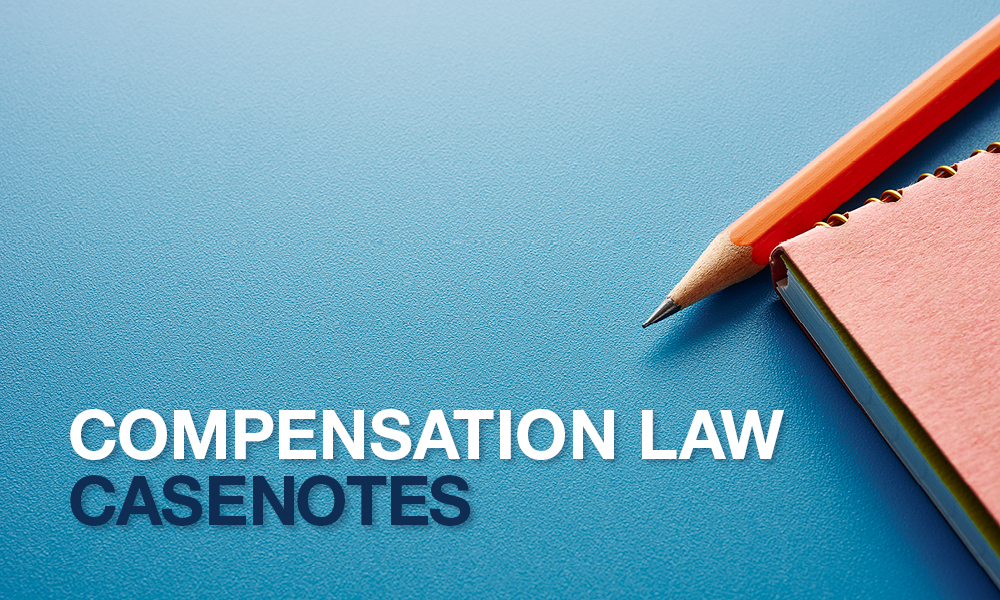…when reboarding pleasure craft from water – impairment of capacity to exercise reasonable care and skill due to intoxication – whether injuries likely to have occurred if person had not been intoxicated – whether ‘likely to have occurred’ means more probable than not – whether intoxication contributed in any way to injuries – extent of reduction for contributory negligence
On 25 January 2020, the first respondent injured his lower leg when he came into contact with a vessel’s submerged outboard motor.
Before the incident, he had consumed four cans of full-strength beer, partly consumed a fifth can, and consumed two lines of cocaine.
The vessel was owned by the appellant. However, at the time of the accident, and at the behest of the appellant, the vessel was under the control of the second respondent, as master.
The primary judge upheld the claim in negligence against both the appellant and the second respondent but dismissed the claim under the Civil Liability Act 2002 (NSW).
The Court of Appeal was required to consider:
- Whether the primary judge erred in failing to find that the first respondent had been guilty of contributory negligence, and
- Whether the primary judge erred in rejecting the appellant’s defence in relation to intoxication under section 50 of the Civil Liability Act.
Decision
On or before 5 May 2023, each party file and serve agreed orders, or failing agreement, competing draft orders and submissions in support, including as to costs.
Ratio
It was found that the first respondent’s capacity was impaired due to his alcohol and drug consumption and therefore, section 50 of the Civil Liability Act was found to be engaged.
Beech-Jones JA and Basten AJA held that it was more probable than not, that the injury would have occurred even if the first respondent had not been intoxicated. However, the first respondent failed to establish that his intoxication did not contribute in any way to the cause of his injuries, as someone who was not intoxicated may have swum further away from the motor.
A reduction of damages by 30% was considered appropriate. In his dissenting judgement, Brereton JA considered that the incorrect manoeuvring of the vessel, and the failure to disengage the propeller, were enough on their own to cause the accident, even if the first respondent was sober. Brereton JA would have allowed a 25% reduction of damages for contributory negligence.
This compensation law casenote appears courtesy of Travis Schultz & Partners (TSP), where the author, Emmi Airaksinen, is a lawyer. As part of the firm’s commitment to providing ongoing legal education, TSP practitioners review relevant judgments and prepare case summaries for the legal profession. A free searchable catalogue of compensation law casenotes is available at schultzlaw.com.au/case-summaries (registration required). The full version of the judgments can be found at austlii.edu.au.














Share this article